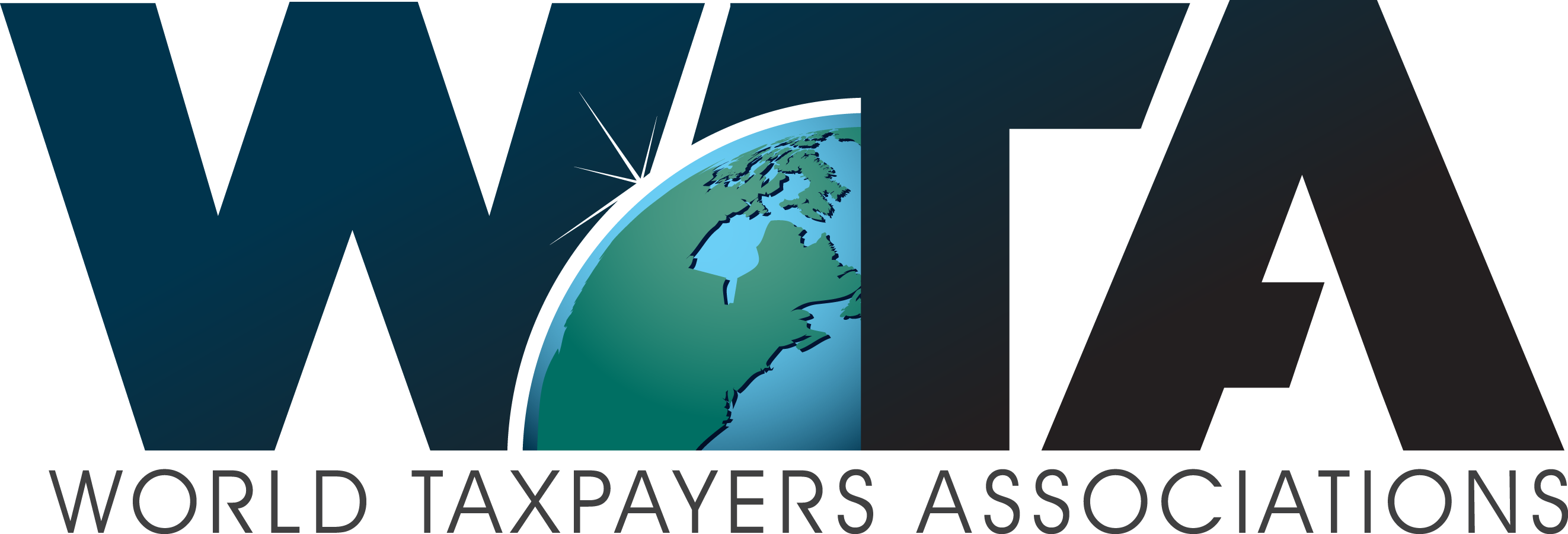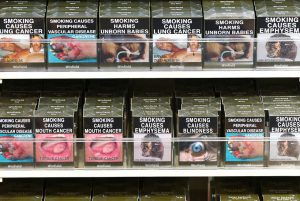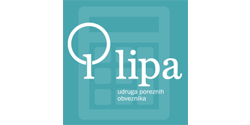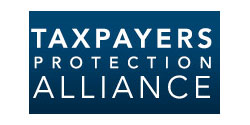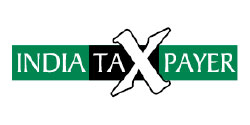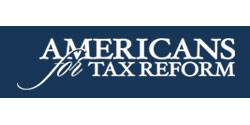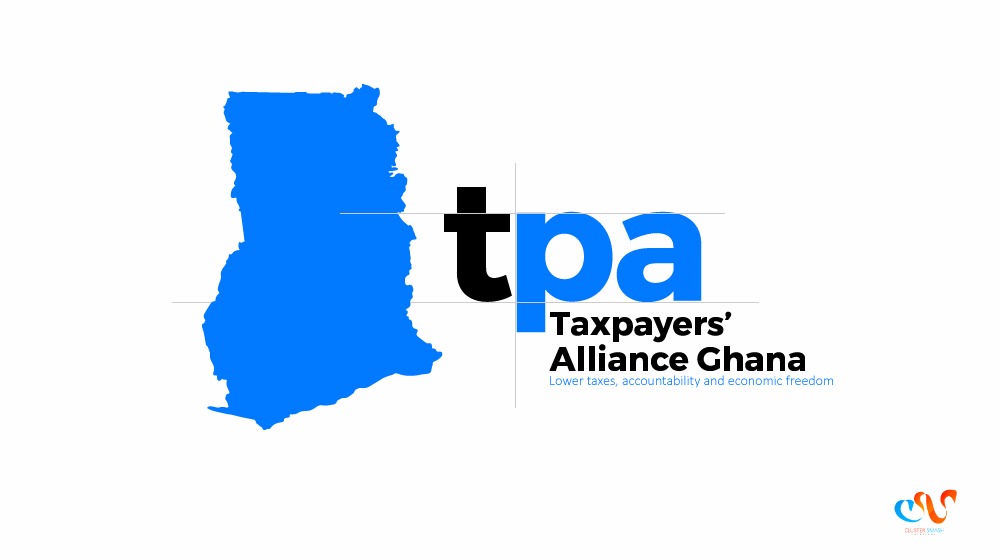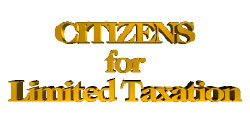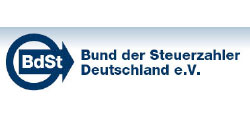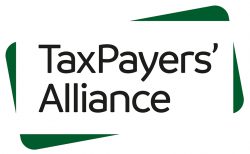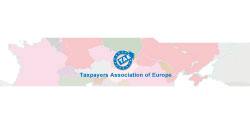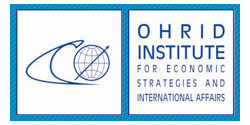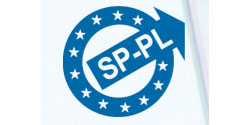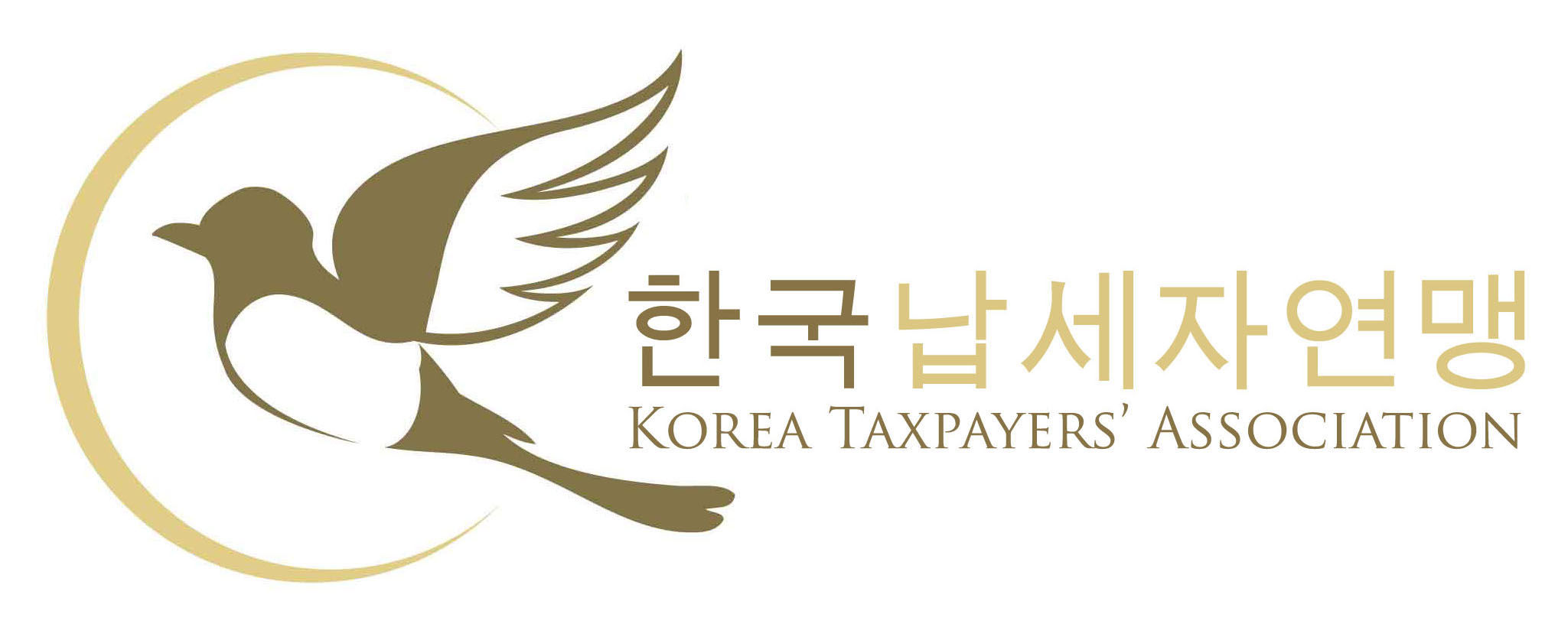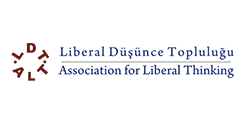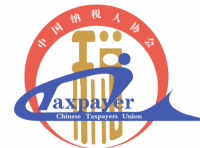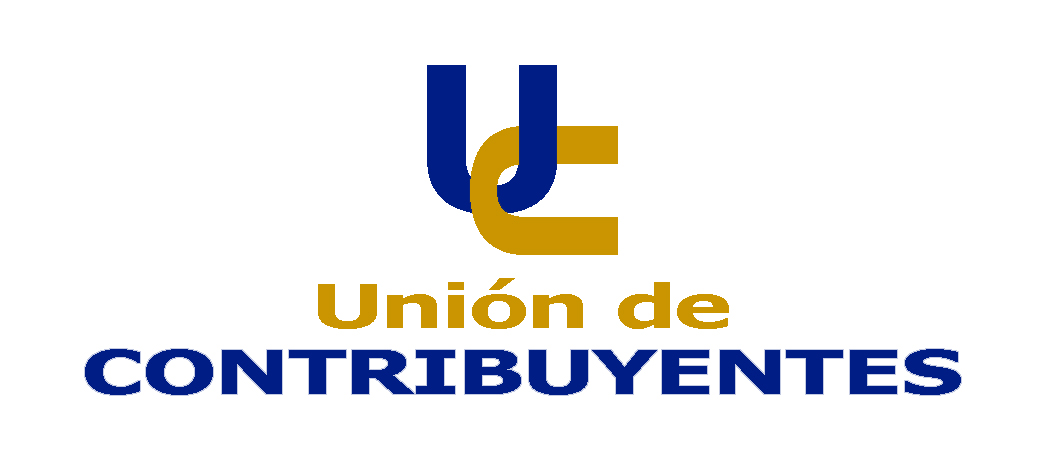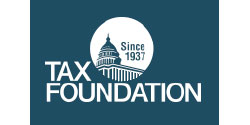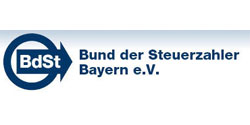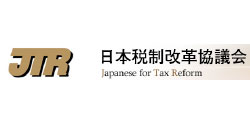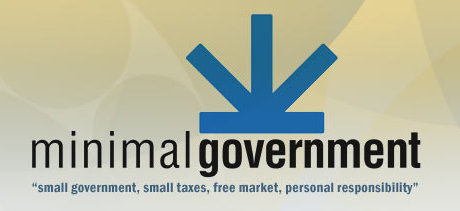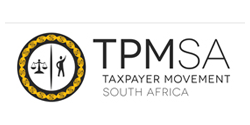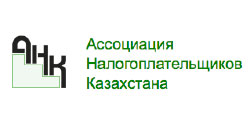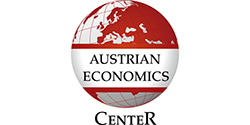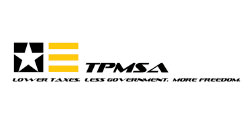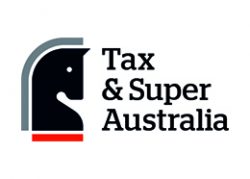Plain Packaging: Fraud, Farce and Failure
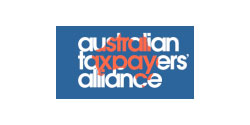
Satyajeet Marar, Director of Policy at the Australian Taxpayers’ Alliance and Anjali Nadaradjane, Research Associate at the same organization, wrote an article that canvases the most recent data/evidence and focuses on Australia’s tobacco plain packaging as both a policy failure as well as an attack on IP rights.
The latest investigation by the Australian Criminal Intelligence Commission reveals that plain packaging laws, introduced in late 2012 and designed to make tobacco products unattractive by replacing branding and trademarks with generic font and a drab colour, have failed to achieve their aim of reducing smoking in Australia.
ACIC found that compound levels in population-wide samples of wastewater across all major capital cities and tested regions in 2016-17, showed a rise in nicotine consumption. This should concern all of us as plain packaging and misleading claims about its success have already prompted calls for a crackdown on intellectual property rights across other industries.
From 2013-16, Australia’s smoking rate fell only marginally – from 12.8 per cent to 12.2 per cent, despite increases to the tobacco excise during this time and a long period of tobacco use decline prior to the introduction of plain packaging. The latest figures show that expenditure on tobacco actually rose by 2.6 per cent in the final quarter of 2017 compared to the same period the previous year. By contrast, western nations including the USA and UK which did not impose such laws over that time and have instead legalised safer alternatives such as vaping nicotine, have experienced rapid declines in their smoking rates.
Prominent economist Professor Sinclair Davidson of RMIT University found that receipts for tobacco sales adjusted for tax refunds had gone up within a year of the policy, with the Australian Association of Convenience Stores noting that the laws had simply caused competition based on branding to be replaced by competition based on price – customers now simply asking retailers for the ‘cheapest pack of smokes’ available.
Even more concerning are findings by international accounting firm KPMG that illicit tobacco consumption has grown from 11.5 per cent to 14 per cent in Australia since plain packaging took effect, depriving the government of almost $2 billion in tax revenue. With the removal of branding eliminating most of the difference between store-bought taxed tobacco and tax-free illicit tobacco, it’s not hard to see why. This should concern us all as illegal tobacco funds human trafficking and even terrorism in our Asia-Pacific region.
Although its victims in Australia so far have been tobacco companies who do not attract public sympathy, plain packaging is a direct assault on trademark and intellectual property rights that sets a poor precedent for other industries. The government’s exorbitant, taxpayer-funded legal battle with the tobacco industry over the constitutionality of the laws ended with the court concluding that the government had not truly ‘appropriated’ IP because they had merely stopped companies from using their property rather than taking it for their own use.
Since then, activists and taxpayer-funded public health bureaucrats have called for a crackdown on industries promoting anything the fun police deems unacceptable – including alcohol, fast food, sugar-based treats. Supermarkets filled with rows of monochromatic products are a scene reminiscent of 1984, yet this could soon be a reality. These developments are part of an international policy trend – in 2016, the Chilean government suppressed the use of cartoon characters on food products under the guise of fighting obesity.
Investors in these companies, including Australians who own shares through their super funds, should be concerned. Plain packaging destroys brand power, profitability and sales growth. It would also disproportionately impact underdog companies or small, local businesses that lack brand recognition and must compete through novel brand image as they cannot afford to challenge bigger competitors on price. In the case of alcohol, this would destroy independent local brewers and wineries, eliminating jobs in regional Australia.
Tobacco plain packaging has recently been legislated or implemented in countries including the UK, Ireland, France and New Zealand. As expected, the results have been abysmal. Data from France shows that tobacco consumption has actually increased since the laws came into effect last year.
A nation with robust IP rights is desirable and limits the government’s power to wield their influence and manipulate the marketplace to select who benefits and who loses. This encourages business investment because of the political certainty that property rights are protected. IP rights are also important for driving innovation and progress. Plain packaging is a serious loss of value to IP rights and a great financial loss for companies across many industries. The evidence also shows that these laws do not work.
Satyajeet Marar is the Director of Policy at the Australian Taxpayers’ Alliance
Anjali Nadaradjane is a Research Associate with the Australian Taxpayers’ Alliance
